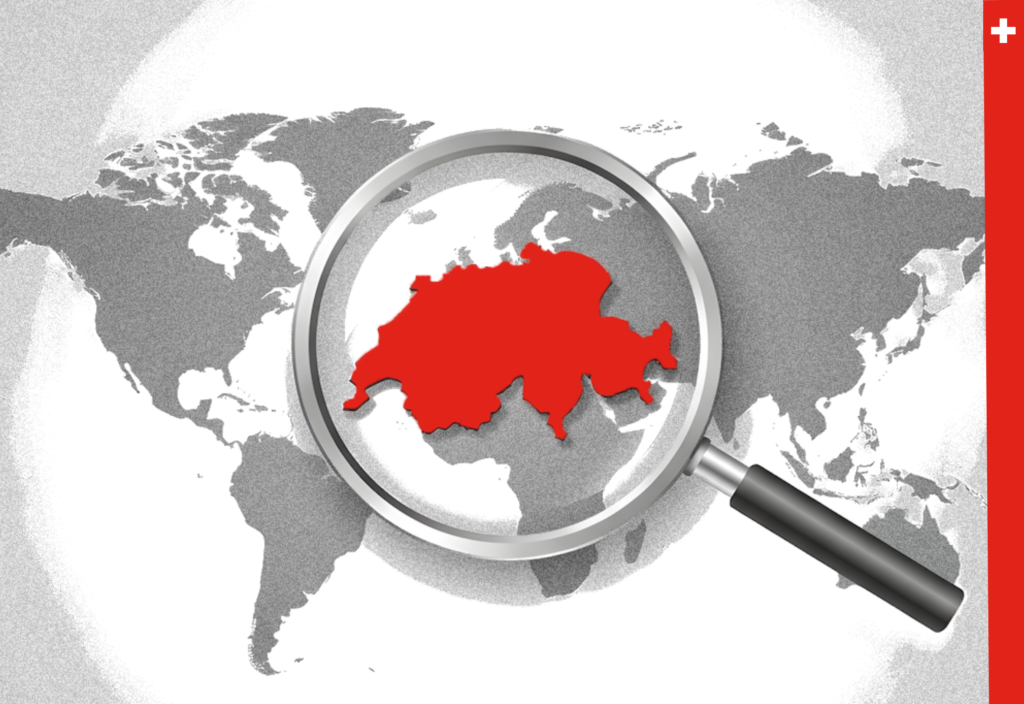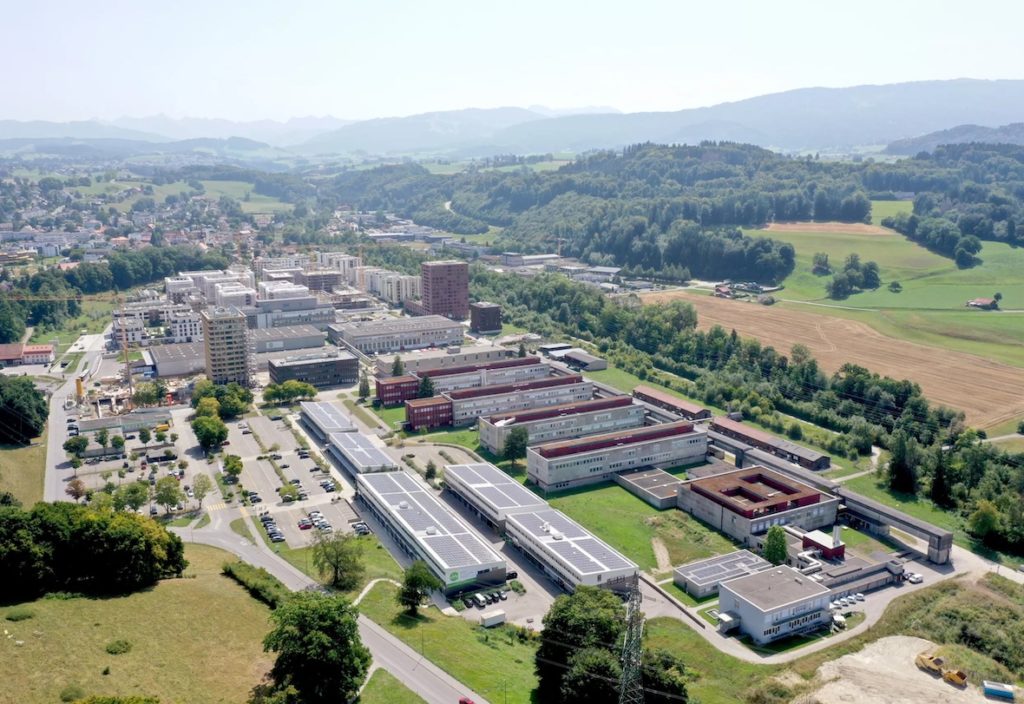
Why Western Switzerland for Biomanufacturing and Life Sciences Companies: an interview with expert Yassin Nahi
 Yassin Nahi, Life Sciences Director at GGBa, supports biomanufacturing companies looking to expand in Western Switzerland—a region where cutting-edge research, talent, and regulatory advantages converge.
Yassin Nahi, Life Sciences Director at GGBa, supports biomanufacturing companies looking to expand in Western Switzerland—a region where cutting-edge research, talent, and regulatory advantages converge.
Western Switzerland is rapidly becoming a hotspot for biomanufacturing and life sciences companies, thanks to its strong infrastructure, skilled talent, and business-friendly policies. Yassin Nahi, GGBa (Greater Geneva Bern area) Life Science Director, shares how the region’s research hubs, academic institutions, and regulatory support make it an ideal location for companies in this sector.
The article “Why Western Switzerland for Biomanufacturing and Life Sciences Companies – an interview with expert Yassin Nahi ” was originally published by Venturelab and written by Rita Longobardi.
Based in London, Yassin Nahi is a business development consultant for the Greater Geneva Bern area (GGBa). He leads regional efforts to support life science companies, with a particular focus on biomanufacturing, helping them establish operations for production, cell-line development, and research and development. With over 10 years of experience in investment promotion, he is well-versed in the field of economic development.
What unique advantages does Western Switzerland offer to biomanufacturing and life sciences companies compared to other regions in Europe?
1. Western Switzerland is a leading hub for biomanufacturing and life sciences, offering advanced infrastructure, specialized talent, and a strong innovation ecosystem. The region hosts key clusters like the Health Valley and facilities such as Biopôle in Lausanne, which provide labs, office spaces, and research equipment to support company growth.
2. Switzerland’s education system produces graduates with expertise in biotechnology, chemistry, and life sciences. Proximity to EPFL and the University of Geneva allows companies to access research and recruit skilled professionals. The region’s international workforce brings a mix of skills essential for innovation-driven industries.
3. Companies are establishing and relocating operations in Western Switzerland to advance their scientific, engineering, and industrial capabilities. EPFL’s regional campuses support research in industrial engineering for life sciences, medical devices, and biomanufacturing.
4. With purpose-built facilities for research, development, and production, the region supports companies at all stages, from startups to multinational firms. Biopôle, part of the Switzerland Innovation Park network, offers the infrastructure for developing bioreactors, cell lines, and other technologies, with access to resources from the Universities of Lausanne, Bern and Fribourg, the region-wide EPFL campuses, and CHUV and Insel University Hospitals, among others.
How do the regulatory environment and governmental support in Western Switzerland contribute to the success of life sciences companies operating here?
Western Switzerland offers a favorable regulatory and governmental environment for life sciences companies, simplifying business establishment and expansion. The region’s flexible and efficient regulatory framework is particularly beneficial for biomanufacturing and pharmaceuticals, which operate under strict regulations. Swissmedic, the national authority for drug and medical product approval, provides a streamlined process to accelerate market access.
Companies setting up production under Swissmedic supervision benefit from Switzerland’s Mutual Recognition Agreement (MRA) with the EMA and FDA for Good Manufacturing Practice (GMP) certification, ensuring internationally recognized production standards.
Government-backed initiatives like Innosuisse offer R&D grants and facilitate industry-academia collaborations, while cantonal programs provide tax reductions and targeted innovation grants.
These advantages have attracted major biomanufacturing firms such as UCB, Takeda, WuXi STA, CSL Behring, Merck, and Thermo Fisher Biologics, while also supporting scaling companies like InnoMedica and NewBiologix, reinforcing the region’s standing as a global life sciences hub.
Can you explain how Western Switzerland’s proximity to leading academic institutions and research centers benefits innovation and collaboration in the biomanufacturing and life sciences sectors?
Western Switzerland’s proximity to top academic institutions like EPFL, the Universities of Lausanne, Bern, Fribourg, Neuchatel and Geneva, and the HES-SO network is a key factor in supporting collaboration in biomanufacturing and life sciences. These institutions are globally recognized for their forward-thinking research, making the region a hub for academia-industry partnerships.
For instance, Debiopharm collaborates with EPFL to accelerate its drug development pipeline, while Ferring Pharmaceuticals partners with local universities to advance reproductive health research. These collaborations stimulate innovation through joint research, internships, and spin-offs.
The region’s Health Valley, supported by private, non-profit, and international organizations, along with state research institutions and three of Switzerland’s five university hospitals, encourages scientists to launch new ventures. Established companies also benefit from innovations produced through these partnerships to address global health challenges.
With numerous research hubs, biotech companies can easily access resources for developing new therapies, bioreactors, and biomanufacturing processes, adapting their operations to meet specific needs. This flexibility supports both start-ups and multinational firms.
Another example of this synergy is the collaboration between Debiopharm and EPFL, where Debiopharm has used EPFL’s resources to fast-track drug development. Additionally, Eli Lilly’s Lilly Global Health Partnership in Geneva aims to tackle public health challenges like multidrug-resistant tuberculosis and diabetes, reinforcing the region’s role in expanding global health through collaboration.

